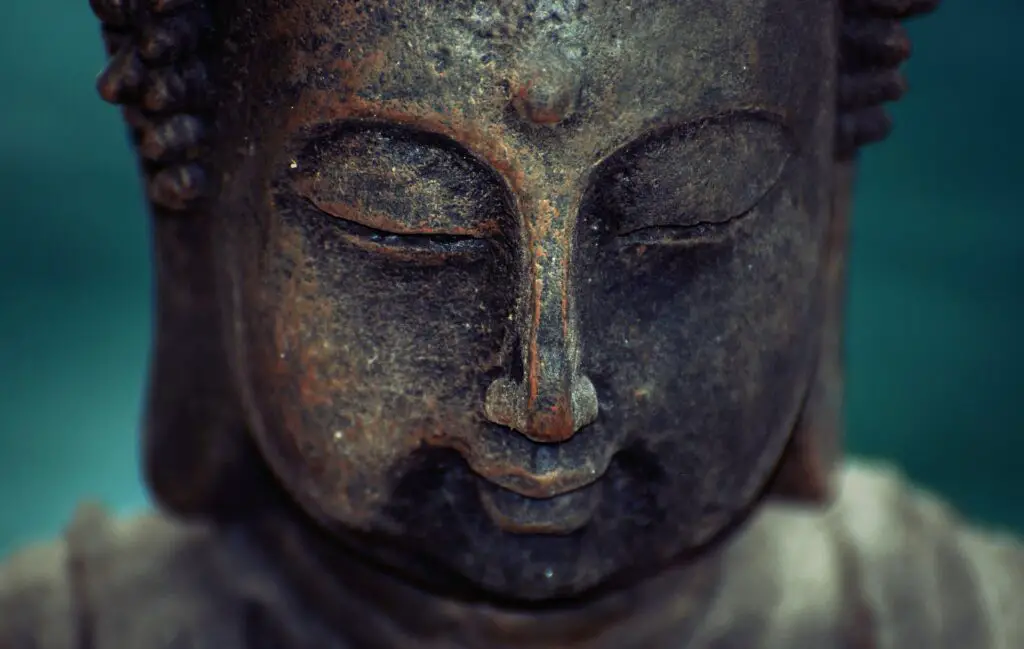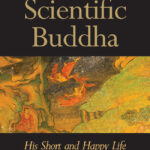We hope you enjoy our articles. Please note, we may collect a share of sales or other compensation from the links on this page. Thank you if you use our links, we really appreciate it!
February 9, 2022
While watching TV on a Saturday morning, an idea crossed my mind. It is ‘(where) meeting is, parting must be.’ Where there is a meeting, there must be parting. Meeting point in human life has its parting point as well. In Hegelian language if meeting is the thesis, then parting is the anti-thesis. And the process goes on. Simple examples. Sometimes, while watching a favorite TV program, we long for this program to continue so that we can enjoy it but that does not happen. The program ends within the stipulated time. Another example. When we go to meet somebody, a time comes when we have to say bye.
I will now proceed to complex examples. Human life is in continuous movement. It cannot remain static. Human beings are born, grow up, and die, whether naturally or unnaturally. They cannot stop this process of nature. Hence, whatever one does in life, I am talking from the point of view of action, it must pass away. Action, the term itself denotes movement. We must do something ‘to do action,’ whether physical, vital, or mental. When I am thinking about somebody or something, or when I am writing this blog, or when I am walking – all these are actions. And all these actions cannot be permanent. Perhaps here, my argument is similar to that of the argument of the Buddhist theory of momentariness (Kshanavada). Life is in flux, in continuous flux, and there is nothing permanent, nothing eternal, nothing enduring. If the whole life is in flux, if the life mechanism is in movement, then naturally all things in life, all activities, all meetings, are part of this process of momentariness. They cannot be permanent or eternal.
Usually when a government is formed in a state by a political party, it must be in office for some years, then another political party takes its place. Even in traditional kingdoms ruled by monarchs, the ruler had to vacate the throne after their death, or old age. In fact, I wanted here to emphasize some aspects of life linked to this central argument of momentariness. My point here is that howsoever precious a thing, a possession, a friendship, or a relationship we value, it must pass away, if not today, then tomorrow, if not tomorrow then day after, if not this year, then after a few years. This is the eternal law, and no one can change it, even the supreme science or technology cannot change it.
Once we agree or rather once we appreciate this dictum, then there often appears (or will appear) a sense of urgency in our life. We will no longer take a view as the herd takes, rather our approach to life will be that of a spiritual scientist, as that of a Buddha. Gautama Buddha realized this at the age of 20, and left his wife Yashodhara and son Rahul, the power and position of prince. Later he became Buddha (enlightened). How many of us can really do this? A person who loves his family – wife, children, parents, and other relatives – thinks as if things will endure eternally. But that does not really happen.
Human beings behave as if everything is permanent, but that is not the case. Even a so-called ‘permanent job’ is not permanent, as one must retire at the age of superannuation. My point is: Is it possible to take a broader approach to life, an approach by positioning ourselves on the sky, or on the mountain top, and see below towards life? Is it possible to rise above narrow thinking, and think about the universal, the real than being lost in a simple equation of mine and thine, I and you; the life we live is more stuffed with self-attachment, than with real love and sacrifice.
Adi Shankara calls this world Maya or illusion, and he is right from one point of view. So far we do not comprehend this complex nature of working of things in our life and in the world, we will be submerged in a narrow pond. It is like the heaven-sage Narad in the Hindu story, who once being curious to find and know the human life, turned to an actual man, but later found himself so much submerged in the narrow pond of life that he forgot his sainthood and had to be killed by God Vishnu to be released from this bondage.
Life is bondage in that sense. It can also be a source of liberation. Once we understand it, it will be easier to be free from this bondage. Until we understand it, we will be in illusion as Shankara reminds us. I did not mean we should renounce life, and turn into a corner of a cave and lose ourselves in blank meditation. It rather means a life full of activity, full of meaning and responsibility, free from bondage, free from narrowness, and free from submergence in this ‘narrow Naradic pond.’ Once we understand every meeting, short or long, must end in parting, our look towards life will change. A new realization will dawn as we will see everything, our daily activity, daily life, our relations within family and without family, internal as well as external, in a new sense. It will also bring us understanding and flow of energy, and instead of losing ourselves in trivialities of life, we will find myriad noble things to do in our life. And in a close analysis we will find that meeting and parting are in fact two faces of the same coin that is life.



